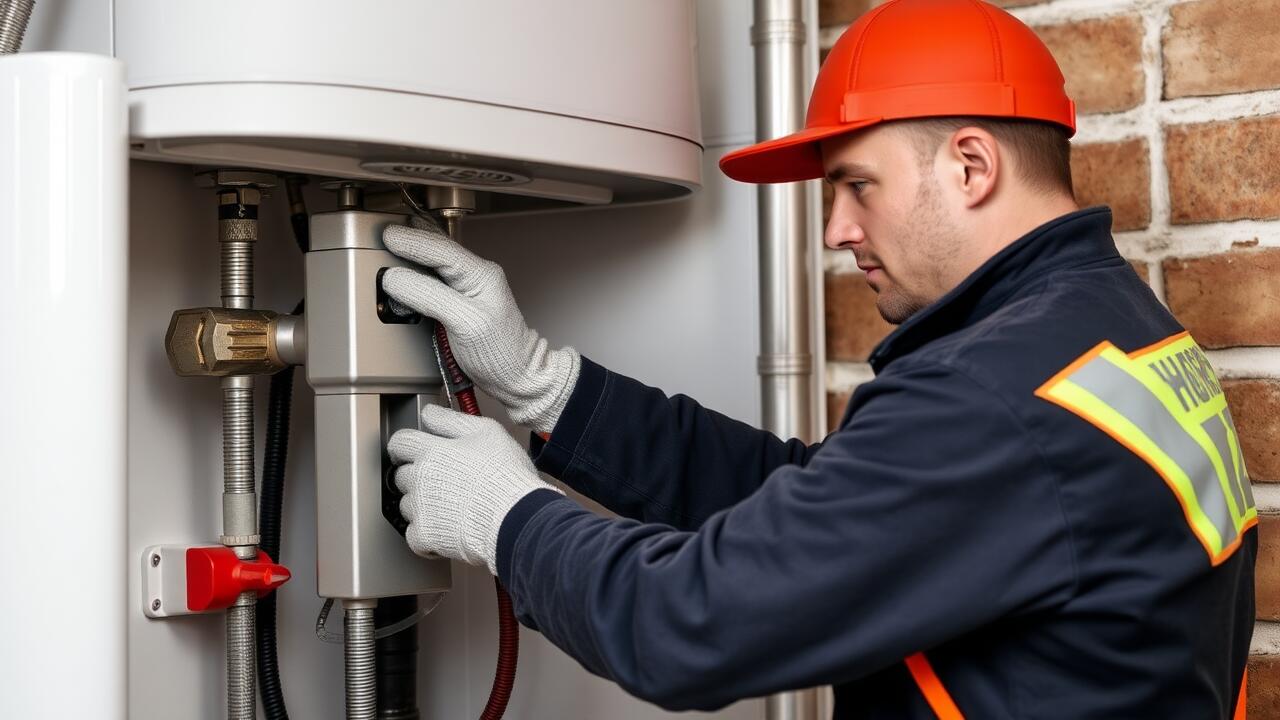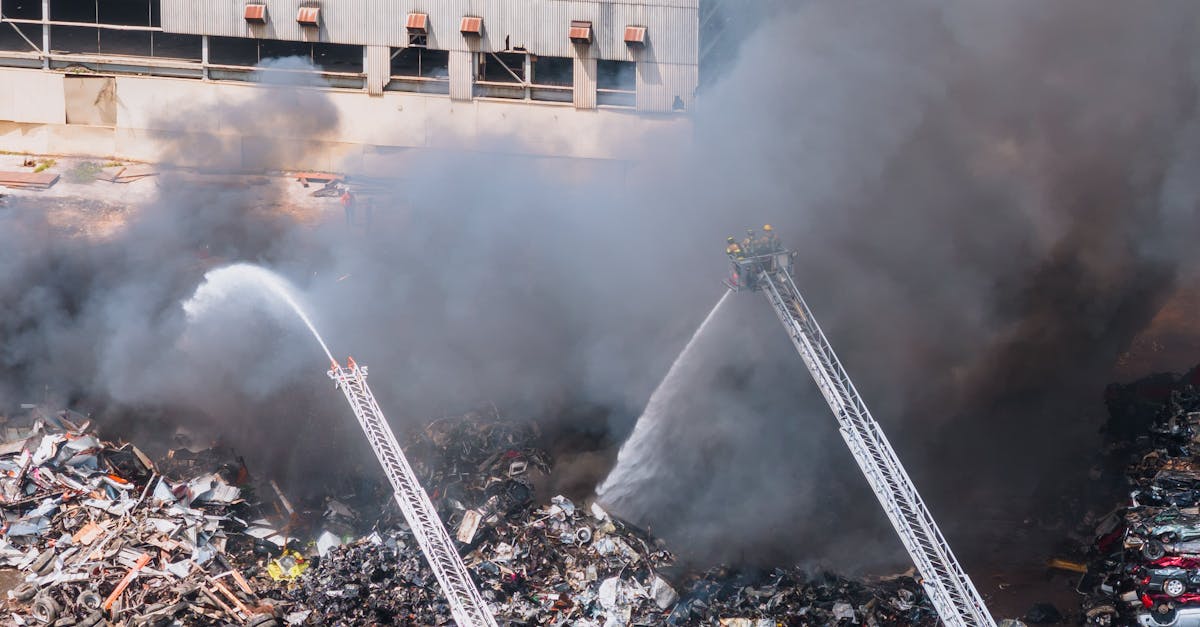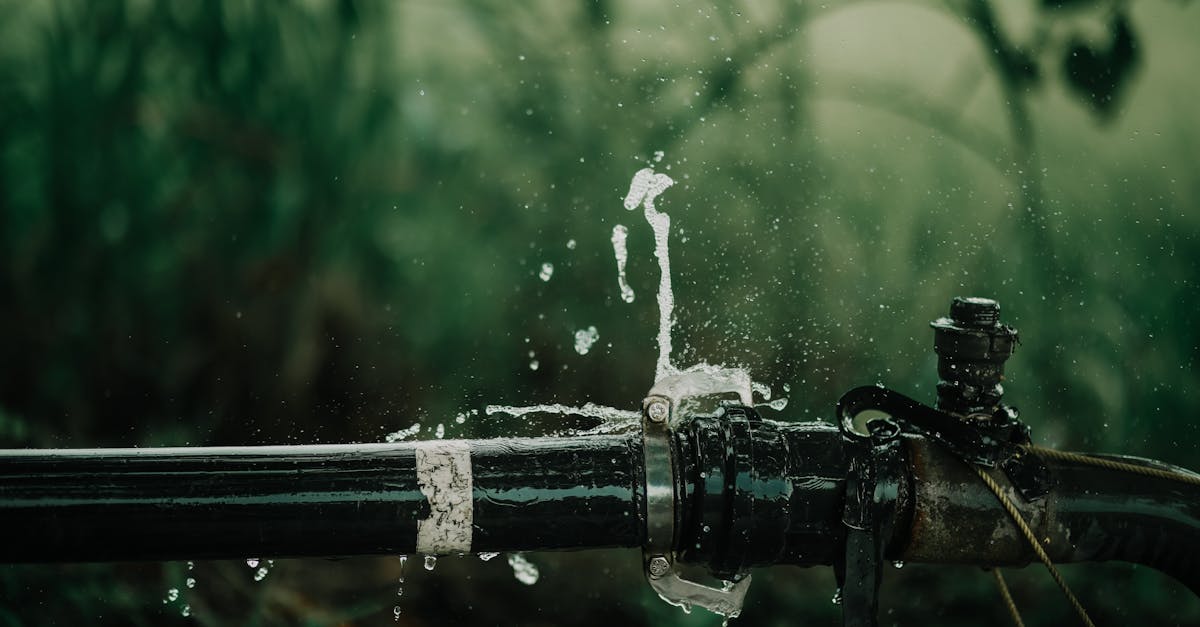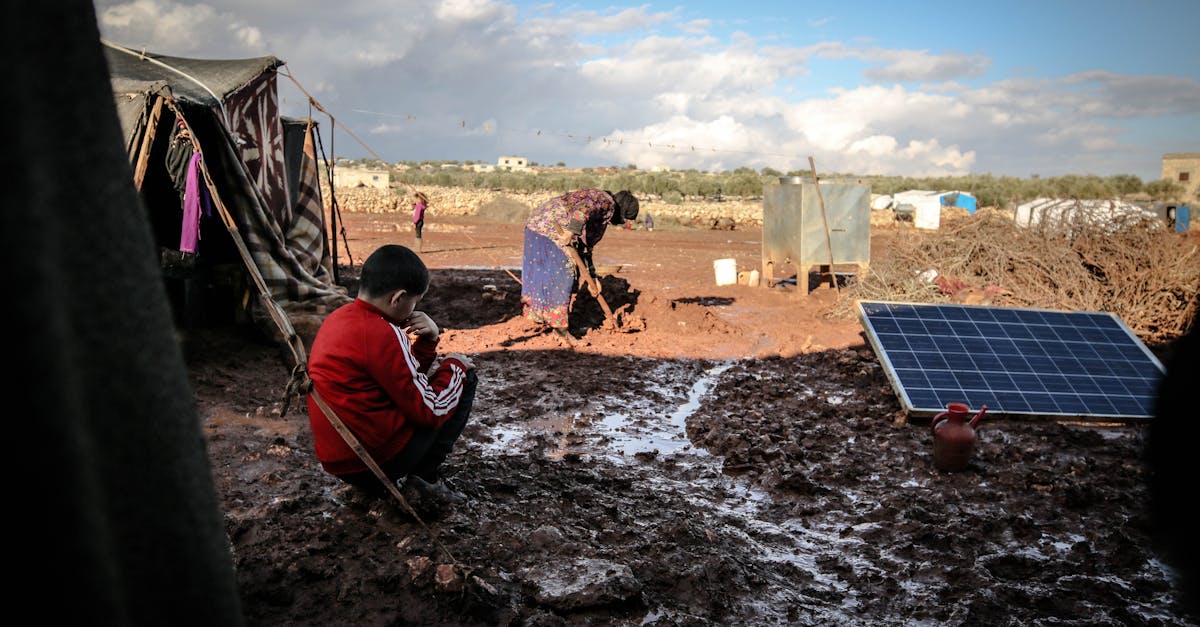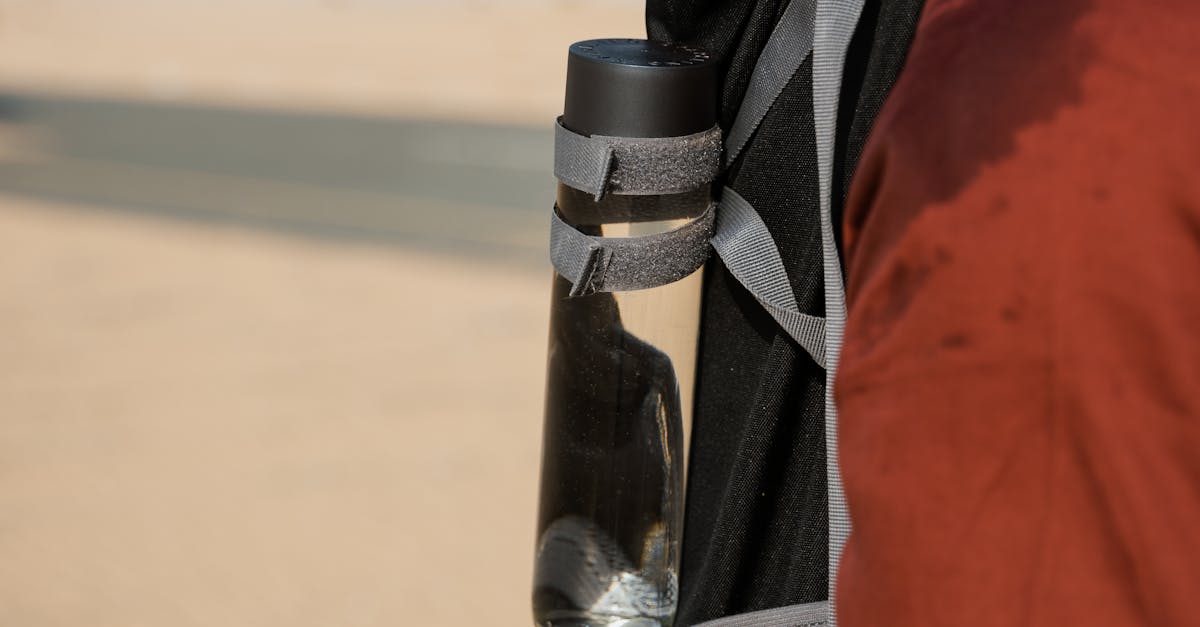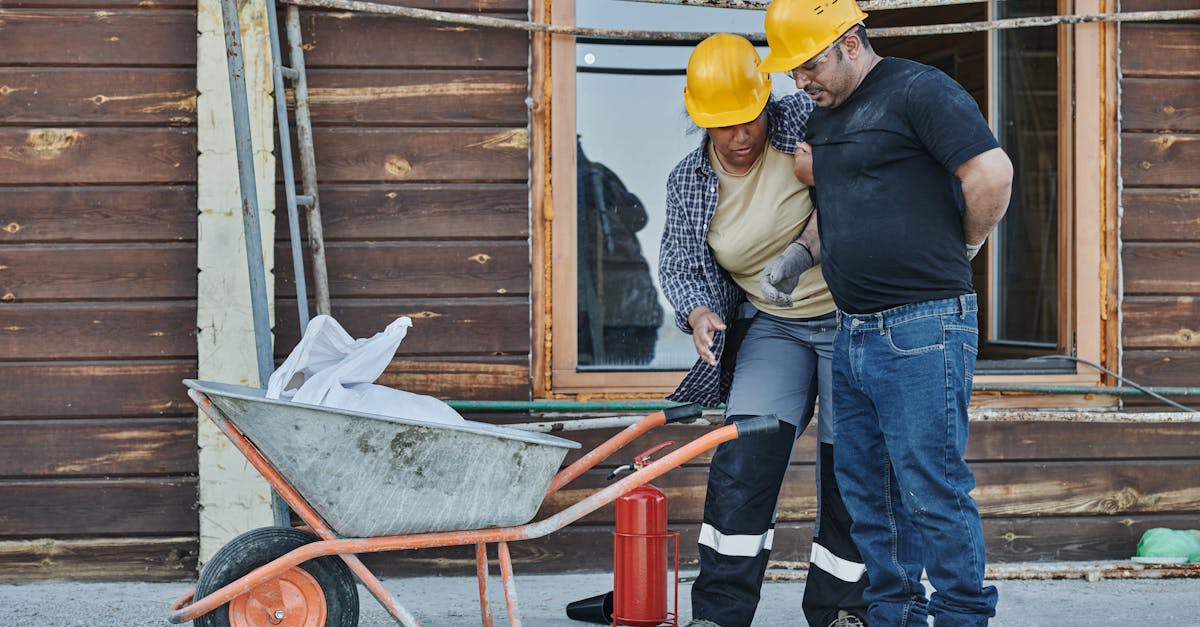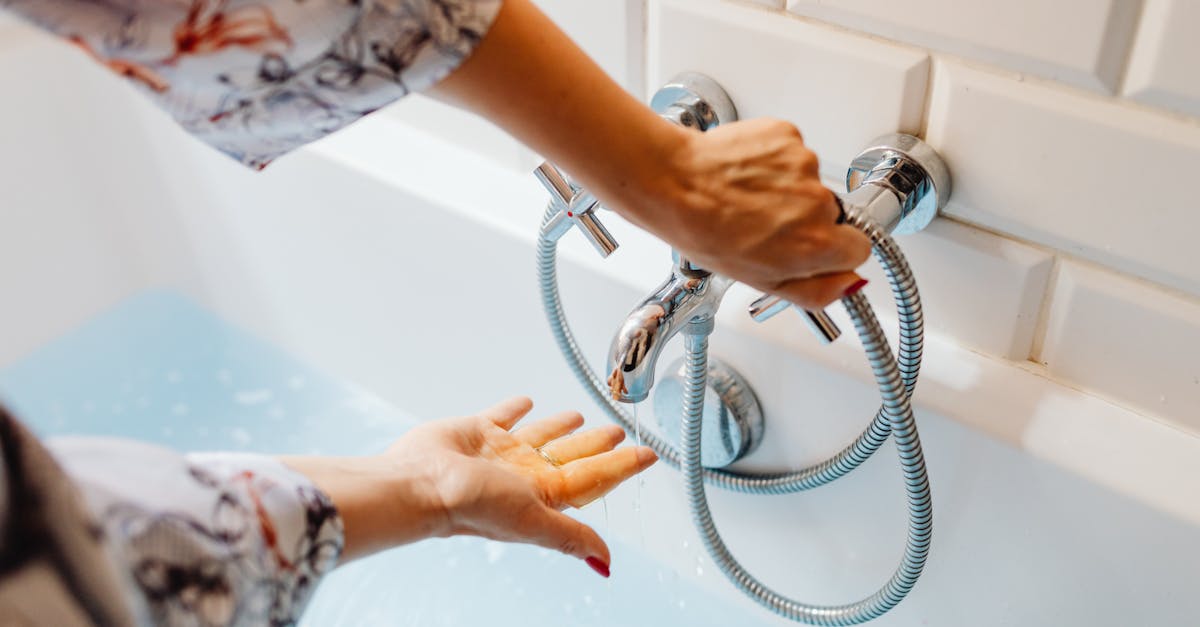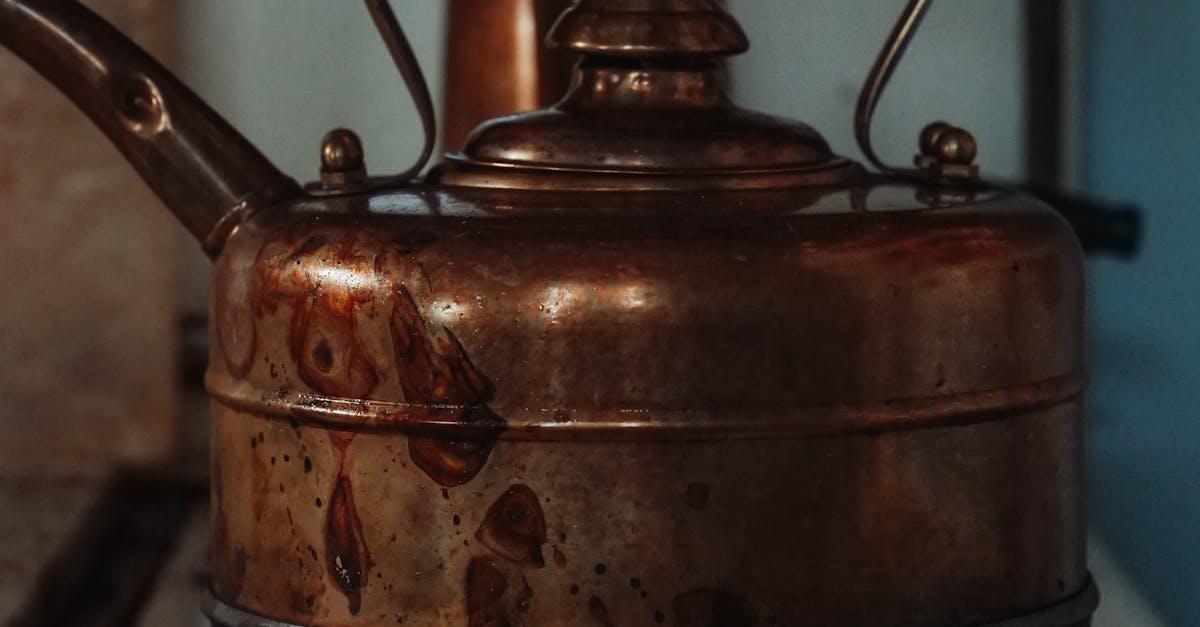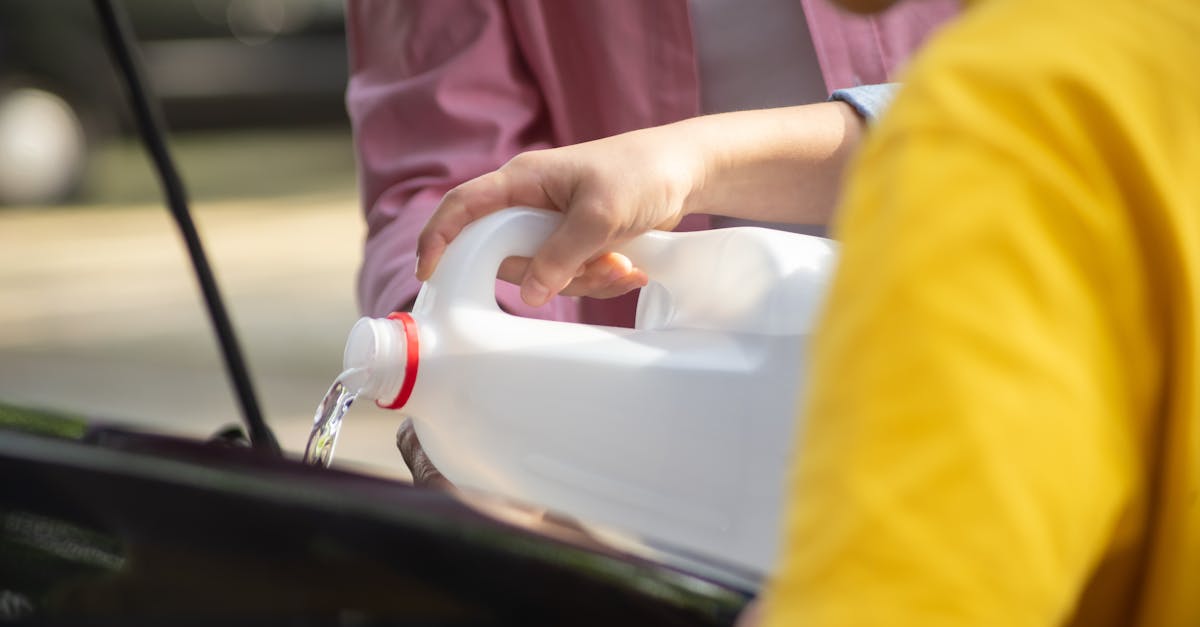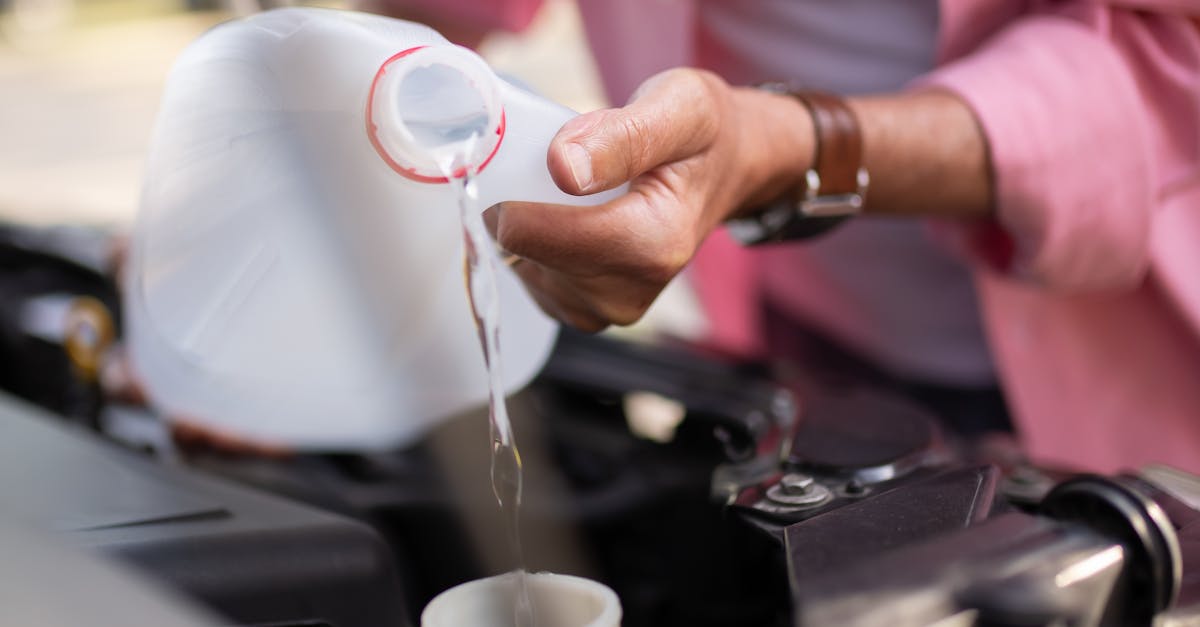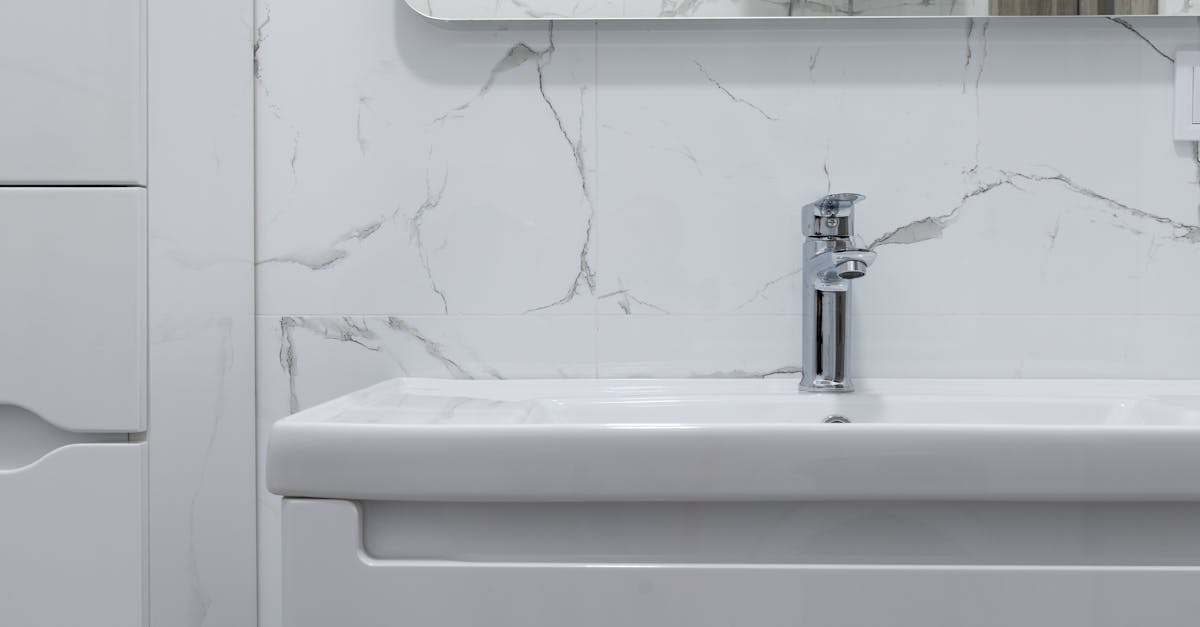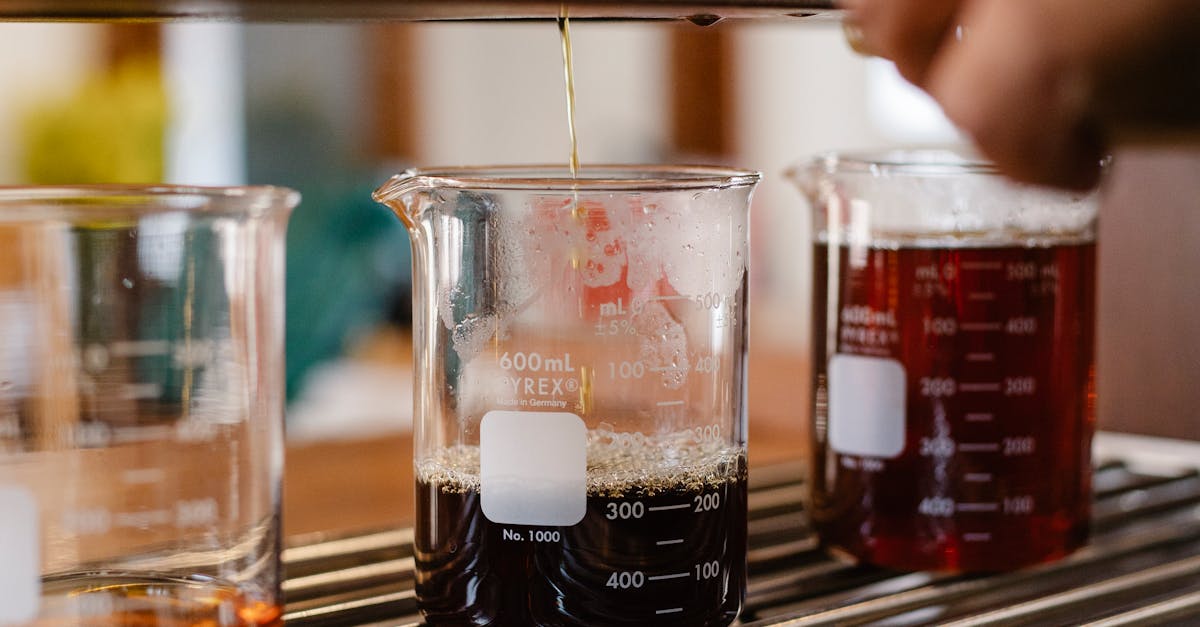
Table Of Contents
Maintenance Tips for Hot Water Tanks
Regular maintenance of hot water tanks can prevent significant issues and extend the life of the unit. Checking the temperature setting is essential; it should typically be around 60°C. This helps prevent overheating and improves energy efficiency. It’s also important to inspect the tank for any signs of leaks or corrosion. A visual check of the pipes and connections can identify potential problems before they escalate into a major concern.
Despite proactive maintenance, emergencies can still occur. When dealing with sudden leaks or complete breakdowns, timely action is vital. Seeking emergency hot water repair services can mitigate further damage and restore hot water supply efficiently. Homeowners should keep the contact details of a reliable repair service on hand to avoid delays during stressful situations.
Regular Practices to Prevent Issues
Regular maintenance of your hot water tank can significantly reduce the likelihood of unexpected breakdowns. Flushing the tank periodically removes sediment build-up that can impair performance and efficiency. This simple task can extend the lifespan of the unit and improve water quality. Additionally, inspecting the anode rod every few years helps prevent corrosion, which is crucial for maintaining the integrity of the tank. Taking these proactive measures ensures that you won't find yourself needing an emergency hot water repair.
Keeping an eye on the pressure relief valve is also essential for preventing emergencies. Testing this valve regularly can identify potential issues before they escalate into more serious problems. If the valve fails, it could lead to dangerous pressure build-up, potentially resulting in leaks or ruptures. Moreover, checking the temperature settings ensures that the water doesn't overheat, which further minimises risks. Emphasising these regular practices helps maintain the system's efficiency and safety, reducing the chances of costly, urgent repairs.
Professional vs. DIY Repairs
When faced with a malfunctioning hot water tank, homeowners often ponder between professional repairs and DIY solutions. Attempting a DIY approach can save money initially and provide a sense of accomplishment. However, without the necessary expertise, a simple oversight could lead to more significant issues down the line. Certain problems, especially those involving complex electrical or plumbing components, require specialised knowledge and tools that the average person may not possess.
Engaging a professional for emergency hot water repair often ensures that the issue is resolved efficiently and safely. Qualified technicians bring experience and training to quickly diagnose the problem, reducing the risk of further damage. While professional services may come with a higher upfront cost, the long-term benefits, including improved performance and peace of mind, often outweigh the initial investment. Ultimately, the decision will depend on the severity of the issue and the homeowner's confidence in their repair skills.
Weighing Your Options
When considering whether to handle a hot water tank issue independently or call in a professional, several factors come into play. Assessing your own skills and understanding of plumbing systems is crucial. Some homeowners may feel comfortable attempting minor fixes, while others might find themselves overwhelmed, especially during an emergency hot water repair. Knowing when to seek expertise can save both time and potential further complications.
The decision often hinges on the complexity of the problem and the potential risks involved. A quick inspection might reveal whether the issue is something manageable or if it requires specialised knowledge. Engaging a qualified technician for an emergency hot water repair could prove more practical if there are signs of significant damage, such as leaks or electrical concerns. Balancing the costs and benefits of DIY versus professional help is essential for making an informed choice.
Cost Implications of Hot Water Tank Emergencies
Hot water tank failures can lead to significant costs that extend beyond the immediate need for replacement or repair. When an emergency occurs, homeowners may face inflated rates for urgent services, as professionals often charge a premium for after-hours or same-day interventions. In addition to service fees, the cost of materials and any necessary upgrades to plumbing or electrical systems can quickly add up, leaving homeowners with unexpected financial burdens.
Furthermore, ongoing issues with a hot water system can contribute to increased utility bills if the unit is not functioning efficiently. In some cases, prolonged leaks or malfunctions can cause water damage that necessitates repairs to ceilings, walls, or flooring, compounding the expenses associated with emergency hot water repair. Regular maintenance can mitigate these risks and help maintain a unit's efficiency, ultimately saving money in the long run.
Understanding Potential Expenses
Emergency situations involving hot water tanks can lead to significant unexpected costs. Initial diagnostics and quick fixes can vary in price depending on the severity of the issue. If immediate repairs are needed, a plumber might charge a premium for after-hours service. Additionally, parts for hot water systems can add to the overall expense, particularly if specialised components are required for older or less common models.
Long-term considerations also come into play should the situation escalate. Frequent issues might indicate that the tank is nearing the end of its life, prompting the need for a full replacement. Therefore, budgeting for potential future repairs, including emergency hot water repair, is crucial. Homeowners should be proactive in addressing minor issues before they develop into costly emergencies, ensuring that the overall expense remains manageable.
FAQS
What are the signs that my hot water tank might be an emergency?
Signs include leaking water, discoloured or cloudy water, strange noises coming from the tank, and inconsistent hot water supply. If you experience any of these issues, it’s best to consult a professional immediately.
How often should I maintain my hot water tank?
It is recommended to perform routine maintenance at least once a year. Regular checks can help identify potential issues early and prolong the life of your hot water tank.
Can I repair my hot water tank myself?
While some minor issues may be suitable for DIY repairs, it is advisable to seek professional help for significant problems. This ensures safety and compliance with local regulations.
What are the potential costs associated with a hot water tank emergency?
Costs can vary widely depending on the nature of the emergency, but they may include repair fees, replacement parts, or even the cost of a new unit. It's crucial to address issues promptly to avoid escalating expenses.
How can I prevent hot water tank emergencies?
Regular maintenance, timely inspections, and keeping an eye on water quality and pressure can help prevent emergencies. Additionally, knowing the age of your unit and planning for eventual replacement can mitigate risks.
